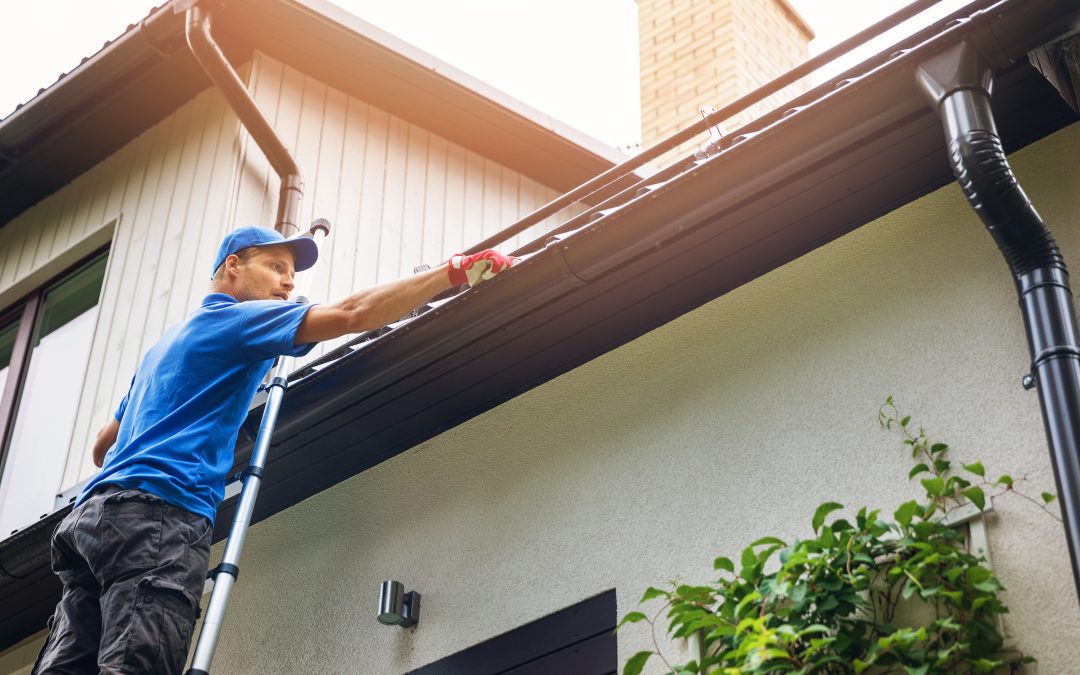During the competitive real estate market over the past two years, many buyers declined to have a property inspection to provide more favorable terms for the seller, to get their offer accepted. Some buyers discovered costly problems after they closed that could have been discovered during an inspection.
Now that the pendulum has swung back to the buyer’s advantage, inspection contingencies are common and accepted by sellers.
The buyer normally selects and pays for the inspection. Sometimes buyers do their own inspection or have a friend or family member do the inspection. Either way the inspector should be licensed and experienced to assure the buyer understands the current condition and future concerns of the property.
During the inspection period, which is typically about 10 days, the buyer can ask the seller to make repairs, provide a price reduction to cover the buyer’s future costs, or the purchase agreement can be canceled if the parties cannot come to an acceptable agreement. It is an opportunity to renegotiate the purchase agreement, but the seller has the option to decline and cancel the purchase agreement unless the buyer moves forward with the original terms. Usually, the parties meet somewhere in the middle.
One of my buyers hired an inspector to inspect a 3,000-square foot house with a detached garage. The inspector also did a radon test and inspected the sewer line. The cost of the inspection was $900. The inspector found several mechanical issues related to the boiler, water heater and venting, along with an improper grade that sloped toward the house. The radon level was fine, and the sewer line was clear.
The buyer asked the seller to have the mechanical issues repaired prior to closing, and the buyer decided to take care of the grading correction himself. The estimate for the mechanical repairs is about $2,500, so even though the inspection cost $900, the buyer saved money by not having to make the mechanical repairs himself after closing, and the inspector provided instructions to correct the grade.
Not very many buyers have the sewer line inspected, as it is one more fee, and not all inspectors have the equipment. I have had clients pay close to $15,000 to have a broken city sewer pipe replaced.
If there is a septic system on the property, the buyer should ask for a compliance certificate from the county and a water test to be completed and paid for by the seller. There should be a contingency period for those inspections/tests as well. If the buyer wants the well pump inspected, that is normally done at the buyer’s expense.
Buyers are frequently having homes tested for mold and/or radon, as they become more aware of the risks. through holes and cracks in the foundation. day.
Sellers can benefit from an inspection contingency as buyers are less likely to bring a claim against the seller if the buyers receive a thorough report from a professional inspector.
A home warranty can provide additional protection to both the buyers and sellers with unexpected repairs before closing and during the first year of home ownership.
An experienced real estate agent can advise you on the different options to help protect your investment.
Ask the Real Estate Agent is a weekly column by Cheryl Kempenich of Coldwell Banker Realty who lives and offices in the Chisago Lakes Area. Submit your questions to ckempenich@cbburnet.com. All information is deemed reliable but not guaranteed. For legal assistance consult an attorney.

